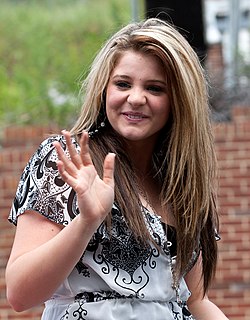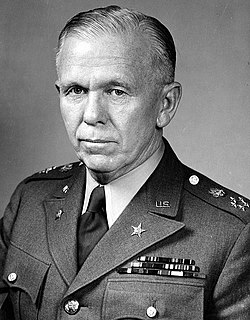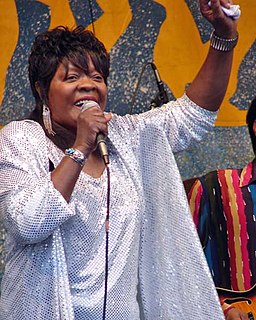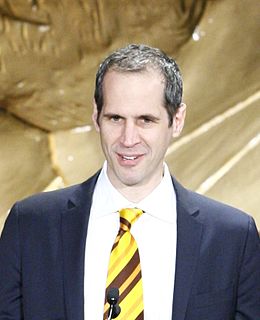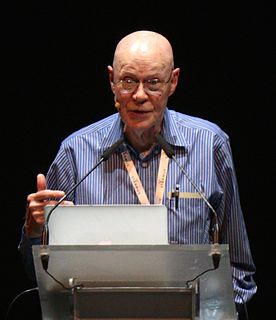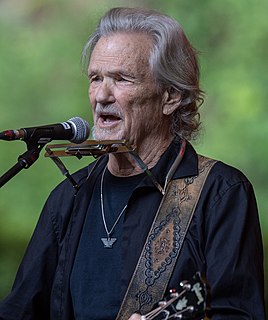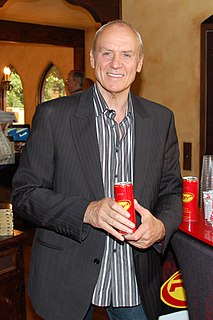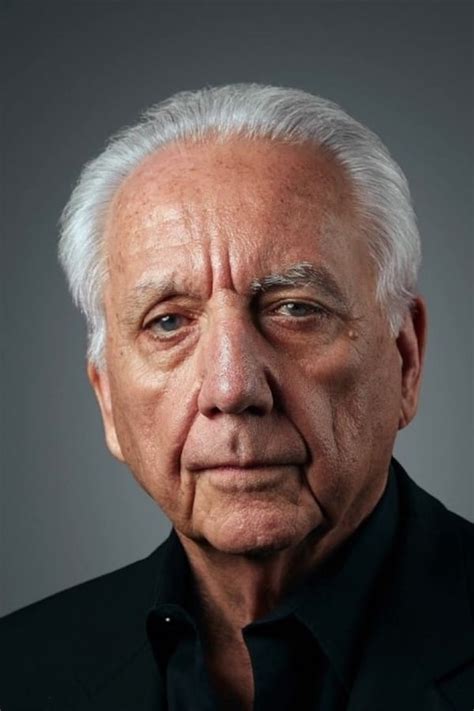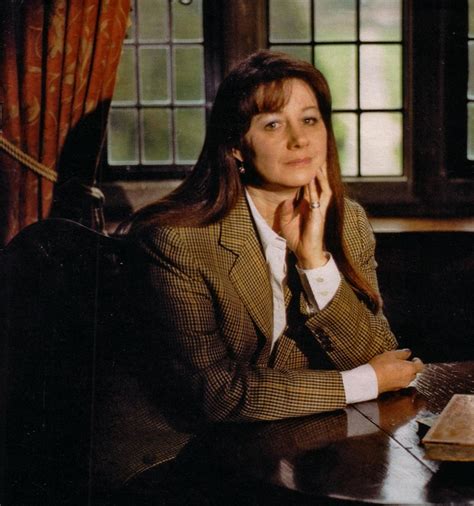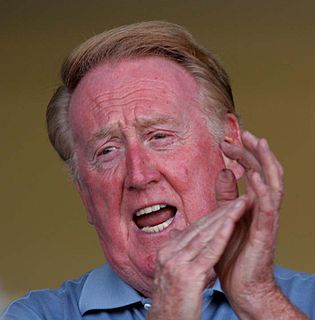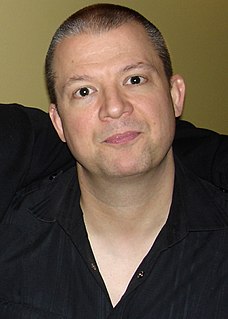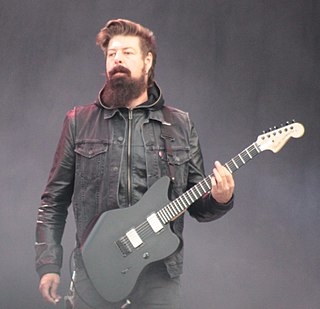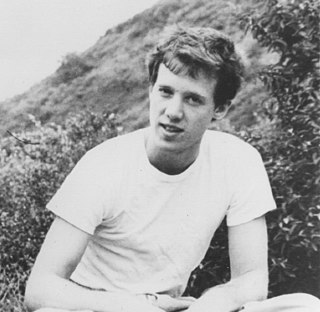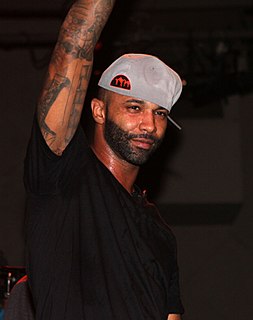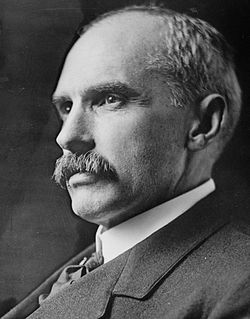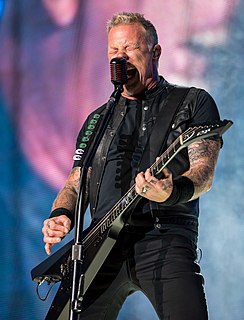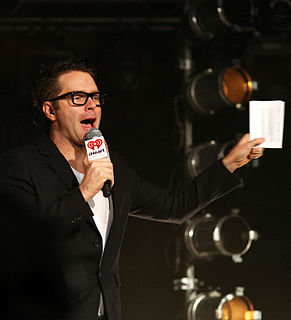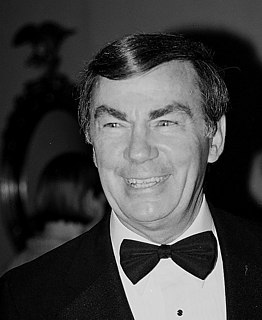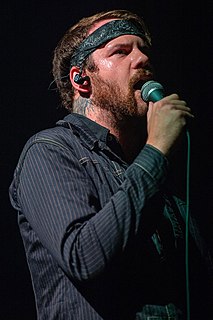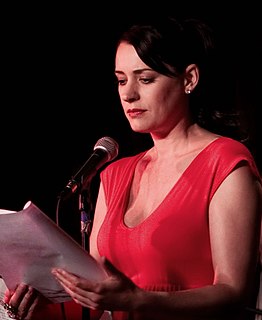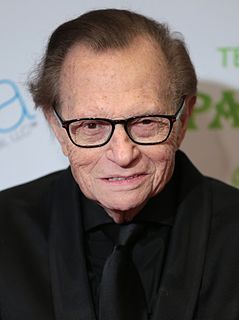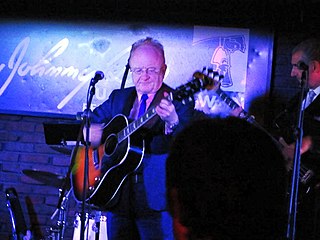Top 1200 Public Radio Quotes & Sayings - Page 4
Explore popular Public Radio quotes.
Last updated on December 2, 2024.
I think one difficulty is that the problem is one of such enormous complexity that the very mass of facts presented to the public by press and radio make it exceedingly difficult for the man in the street to reach a clear appraisement of the situation. It is virtually impossible at this distance to grasp at all the real significance of the situation.
Public virtue cannot exist in a nation without private, and public virtue is the only foundation of republics. There must be a positive passion for the public good, the public interest, honour, power and glory, established in the minds of the people, or there can be no republican government, nor any real liberty: and this public passion must be superiour to all private passions.
There's no passive success on radio. Well, in radio, one of the ways in which you engage people and make them active listeners and have them glued so that they don't want to do anything else, you have to find ways to incorporate this mystery called the theater of the mind. And it's the one ingredient that radio has that television does not that if used properly, if perfected and learned and executed properly, it can have a much greater impact than TV because it can create a much more intimate, direct connection with the audience.
